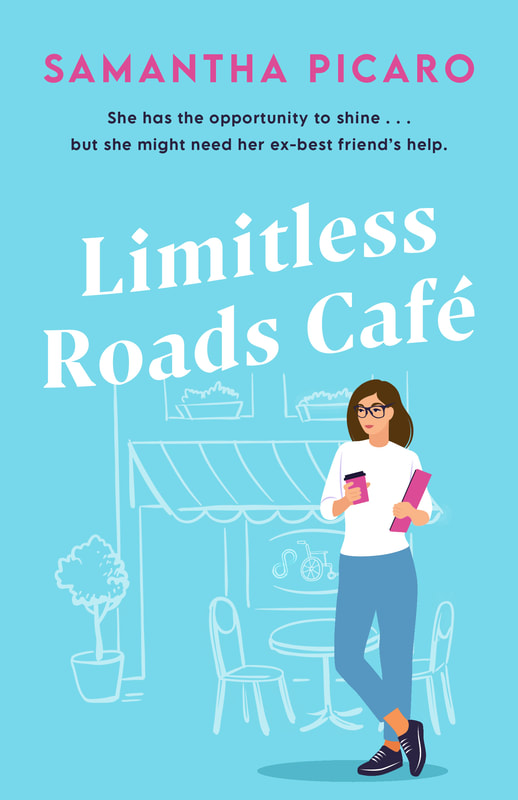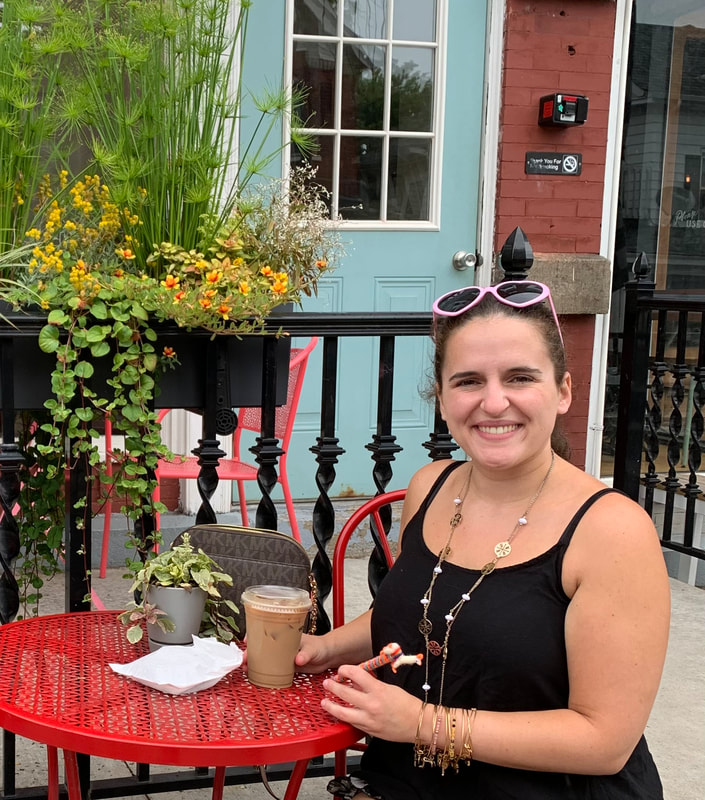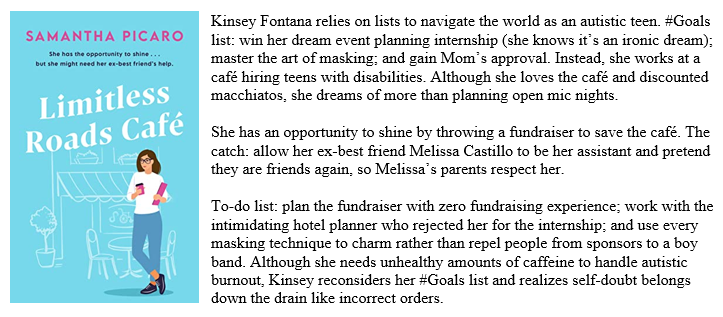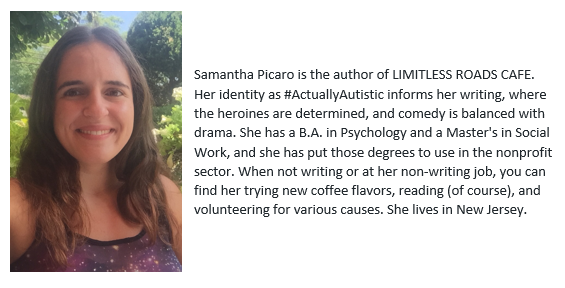We had the pleasure of interviewing Samantha Picaro, author of “Limitless Roads Cafe.” Samanth brings her unique perspective to her writing, featuring determined heroines, a blend of comedy and drama. With degrees in Psychology and Social Work, she’s made an impact in the nonprofit sector. When not writing or working, she enjoys trying new coffee flavors, reading, and volunteering. Her latest book follows Kinsey Fontana, an autistic teen who navigates life with lists, dreams of event planning, and faces unexpected challenges. Learn more about Samantha’s work HERE!

You’re probably tired of hearing this answer but I always loved reading and stories, and then figured out as a child that I could create stories. Another reason I became a writer was because I’d read interviews or quotes by authors saying how fulfilled they felt by officially releasing their stories.
I explored in middle school, using an old computer in my sister’s room. I typed really slow at first but eventually developed fast typing skills. I tried traditional publishing for years but got rejected or never heard back. It wasn’t until a few years ago that I chose self-publishing.
I choose stories based on discussions being had across society, whether they’re lighthearted or serious topics. For each story, I hope the audience doesn’t just enjoy a good story. I hope the audience feels less alone and insecure if they can relate to even just one character, and they take time to think about certain topics presented. For example, one discussion, out of just many, I hope readers join is how to improve inclusivity and accessibility for people with disabilities.
As stated previously, I was tired of rejections from traditional publishing houses. I also did research and learned that self-publishing gives an author more power; for example, I choose my deadlines, not an agent. My social media platforms are Facebook, Instagram, and TikTok, and I chose them for obvious reasons, such as their popularity for marketing. But I also chose them because they are fun and allow lots of creativity.
It’s difficult to navigate the so-called “best times to post” because there are so many different opinions on what they are, and sometimes a time that works for someone else doesn’t benefit me.
I think more control distinguishes indie content from mainstream content. For example, I don’t have to answer to an agent for every decision, or anybody else in charge.

I really focus on unique plots with goals other than getting the love interest or surviving the nuances of high school. Characters with specific goals, like saving a cafe, seem more relatable because readers have goals too, even if it’s not on that scale. I write with a first-person point of view because it’s easier to get in the character’s head, so to speak.
I mostly use Instagram and TikTok, and I’ve reached out to bloggers for interviews or guest posts.
It’s easy to think of the big picture but not the small details, like each specific scene. I worry about whether a scene is too short or long, or whether dialogue is too dragged out. I’ve overcome them with practice, reading lots of articles, and by reading books within my genre, and I’ve come to realize no book is the same, and there is no universal formula for creating content.
Jen Wilde, Suzanne Park, Sophie Kinsella (even if she writes for adults), Amy Spalding, and Claire Kann inspired me. I feel like each of them incorporate humor and warmth with serious topics and drama, and their characters tend to have specific goals like my characters. Each writer also has characters who embrace who they are, or learn to love themselves.
Read books or works in your genre, read articles, and read advice by creators on social media. Keep in mind what YOU would like or not like as a reader if you picked up a book you wrote.
I’m a huge fan of bullet points and outlining the plot before writing the book. If I think of an idea, I write it down automatically on my phone so I won’t forget. I stay motivated with coffee or tea (no joke), reminding myself why I got into writing, and listening to music.
Lot of to-do lists, whether on sticky notes or on my phone. I printed out checklists from different sites for writers/publishers, with sections like “marketing” or “formatting.”
I funded my own work.
I read books in my genre, and I visit a lot of bookstagram accounts on Instagram or booktok accounts on TikTok. I keep trends in mind but balance it with originality.
Self-publishing is becoming more acceptable and respected, especially as certain authors who were originally indie became huge successes, such as E.L. James.
I write solo for books.
Besides the obvious, like publishing more books, I’d like to get into New Adult or maybe even Adult Fiction someday.
Success to me isn’t really about ending up on a bestseller list or having a Netflix movie made about my book. IT’s about having anybody buy and enjoy my book, and knowing I’ve done my best. I’m most proud of writing the book and publishing it despite my nerves about what people will think about it.
Reading books by #ActuallyAutistic authors had the most profound impact on me, and so did reading online content by #ActuallyAutistic creators. It wasn’t until I was older that more autistic people were having their voices heard over those of nonautistic professionals and family members. It made me realize how important it is to have someone with lived experience write a certain story, and share a message. I didn’t write autistic main characters or characters with anxiety at first because I was worried nobody could “relate to” or “like” such a character but now I’m about honesty and being true to myself, and maybe inspiring readers to be true to themselves as well.

